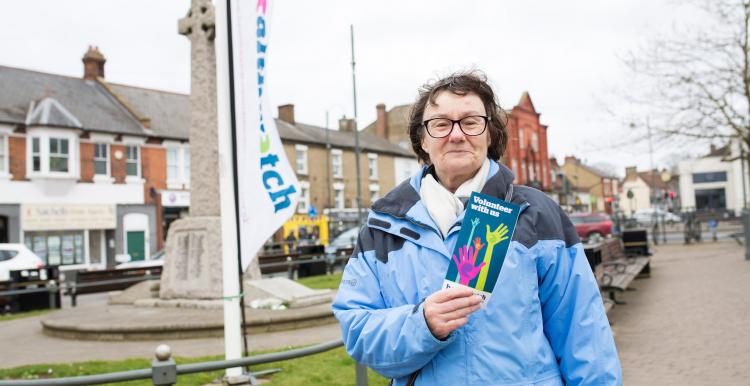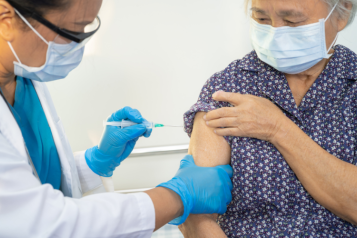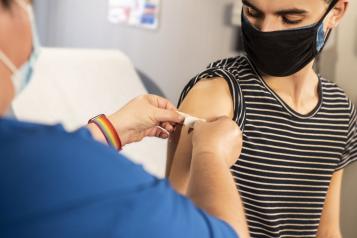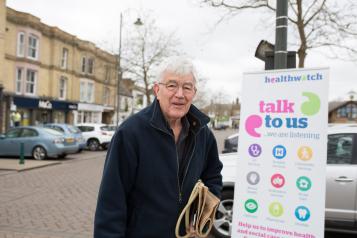How the pandemic is changing the training we offer

We are not even all in the same country at the moment – with some of us working remotely as far away as Greece! This has meant we have had to change and adapt normal working practices. Lots of our in-person engagement work has had to be moved online, and we meet as a team, virtually, more regularly to help us all keep in touch.
Despite all these changes, the nature of our work has not changed. Our primary aim is still to listen to and amplify patients’ voices and ensure that everyone’s needs are reflected in discussions around local health and social care provision. Since March, we have done lots of work listening to local people about their experiences of the pandemic. We have been collecting responses from people to our survey Your Experience Matters. We have also been working with other community groups to gain insight into the specific challenges this period has presented to different groups of people.
“Our primary aim is still to listen to and amplify patients’ voices and ensure that everyone’s needs are reflected in discussions around local health and social care provision”
A key part of our work at any time is carrying out training for healthcare staff. Recently, we carried out some training in GP practices in Hammersmith & Fulham with reception staff. The training was around the future role of reception staff in GP practices. Normally, this kind of training takes place in person. At the moment, however, we have had to move our training online. In some ways, this changed the nature of the training we provide.
We found there were a number of challenges to carrying out this training online. Ensuring that everyone had access to the equipment necessary was difficult. We had expected each participant to be using their own computer, when actually many people were sharing in groups of up to three. This meant we had to adapt quickly: it was difficult to be interactive and use the video conferencing software as we had planned. It was also sometimes difficult to understand everything that was being said: participants were wearing masks which made seeing who was speaking tricky.
“Virtual training allows for much greater flexibility”
Although we are having to change and alter the way we work, virtual training can still be very useful both for us and for participants. The challenges we faced carrying out our recent training sessions were relatively minor: we can learn from them and change our training to accommodate people’s needs. We definitely gained a huge amount of insight from our training with GP reception staff, despite not meeting in person.
As we continue to work within the constraints imposed on us by COVID-19, we will have to continue learning and adapting how we work to make sure we are speaking to as many people as possible. Over this period we have learnt that virtual training sessions can be an effective and accessible option, for GP practices and other service providers, that we will continue to offer in the future.


